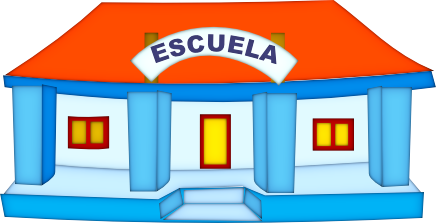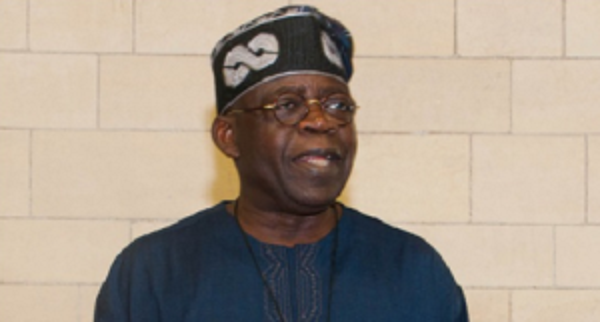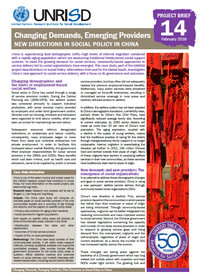Autor: Rafael Aubad
Motivado en sus orígenes por un empresario que buscaba talento humano innovador para el desarrollo y crecimiento de su empresa de tecnología, surgió en San Diego (California- Estados Unidos) el colegio High Tech High –HTH– como una apuesta centrada en el ser y en la equidad; enfocada en la generación de confianza y respeto para crear fuertes relaciones de colaboración al interior de la comunidad educativa. Basada en el desarrollo de habilidades y competencias para transitar a la educación superior, la vida y el trabajo.
En días pasados, tuvimos la ocasión de escuchar a Will Haase, maestro líder del HTH y por eso queremos compartir con los lectores el significado y la esencia de este modelo, del que necesitamos aprender para nuestro mejoramiento educativo.
Con resultados académicos que superan la media nacional en 10% y un indicador de tránsito a la educación superior del 98%, el HTH se articula en torno a seis dimensiones: pensamiento y conducta académica, aprender a aprender, comunicaciones, colaboración, pensamiento crítico y resolución de problemas y el dominio de contenidos académicos centrales. A partir del Aprendizaje Basado en Proyectos, aborda la interdisciplinariedad de saberes, con una “salida en el hacer”.
En todo este ambiente, las pruebas tradicionales no existen. En su reemplazo, el instrumento de evaluación dominante está basado en las presentaciones del aprendizaje de los proyectos y sus productos. Sin duda, un modelo bien sintonizado con el mundo real, en donde continuamente debemos exponer los resultados de nuestro trabajo.
De manera simultánea, están las reflexiones permanentes, a nivel personal, entre los compañeros y los maestros, para analizar “cómo van las cosas”, “en qué hemos progresado”, y “qué debemos fortalecer”. Es una autoevaluación constante que promueve la construcción del aprendizaje.
Nuestro sistema educativo es perfecto para las décadas pasadas, pero no para los tiempos actuales y venideros, donde las tecnologías de la información y las comunicaciones han logrado desarrollar productos y servicios para la entrega de contenidos. Con este tipo de herramientas, los docentes pueden enfocarse mucho más en ser mediadores que diseñen y desarrollen proyectos para aplicar esos contenidos, generando así un deseo en los estudiantes por aprender. Esta es la esencia de no centrar el proceso de aprendizaje en los contenidos, sino utilizar el ambiente del aula para “hacer” con los estudiantes y vincular el mundo real en el aprendizaje. Innovación destacable en la educación.
Saludamos y apoyamos que, en Medellín, la Secretaría de Educación, la Agencia de Educación Superior –Sapiencia– y el Parque Explora, con la vinculación de empresarios, hayan seleccionado 11 instituciones educativas oficiales de la ciudad para apropiar, en nuestro medio y sobre contextos reales, una iniciativa como la del HTH. A pesar del corto tiempo de este proceso, ya hay evidencias del potencial real de migrar hacia un modelo educativo distinto en el que el ser, el saber y el hacer, se combinan creativamente como los ejes centrales de un proceso de preparación para la vida.
Fuente: http://www.portafolio.co/opinion/otros-columnistas-1/escuelas-desde-el-ser-para-el-hacer-498347









 Users Today : 44
Users Today : 44 Total Users : 35403237
Total Users : 35403237 Views Today : 63
Views Today : 63 Total views : 3332502
Total views : 3332502